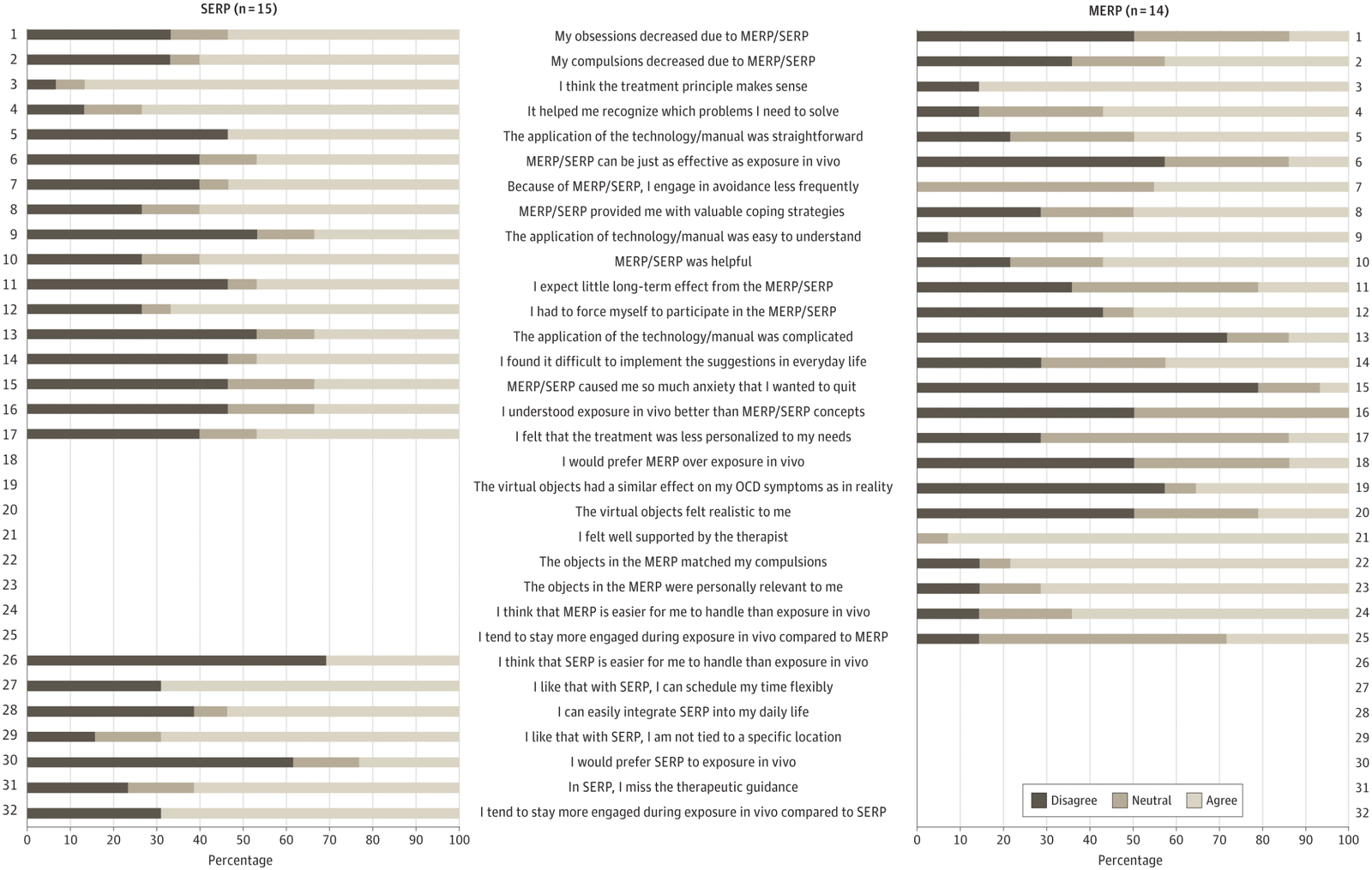Animal therapy, commonly referred to as pet therapy, uses trained animals to assist individuals dealing with physical, mental, and emotional challenges. Research indicates that various animals, including dogs, miniature horses, reptiles, and birds, can play a supportive role in enhancing mental health outcomes.
Therapy animals are specifically trained to provide comfort and companionship, which can significantly aid individuals in therapeutic settings. For example, in horseback riding therapy, children share the experience of riding and caring for horses, while emotional support animals typically cater to the individual needs of their owners.
The presence of animals in therapy sessions can ease anxiety and facilitate communication between the patient and the therapist. According to the British Association for Counselling and Psychotherapy (BACP), animals can create a more relaxed atmosphere, allowing individuals to express their feelings and experiences more freely, similar to traditional talk therapy.
Evidence from the American Psychiatric Association highlights several benefits associated with animal therapy. Participants often report improved rapport with therapists, enhanced social skills, increased self-confidence, and a greater sense of companionship. Additionally, patients undergoing animal therapy may experience reduced stress and anxiety, decreased pain perception, and improved focus and motivation.
These benefits are particularly valuable for individuals facing challenges such as anxiety disorders, depression, and trauma. While animal therapy is not a standalone solution, it can complement traditional therapies, creating a more robust treatment plan.
In educational settings, schools increasingly incorporate animal therapy to support students’ emotional and social development. This approach fosters a nurturing environment that can enhance learning outcomes.
Ultimately, animal therapy serves as a valuable tool in promoting mental wellbeing, offering comfort, companionship, and a means to engage with therapeutic processes. As more individuals and institutions recognize its potential, animal therapy continues to grow in popularity as a supportive resource in mental health treatment.



